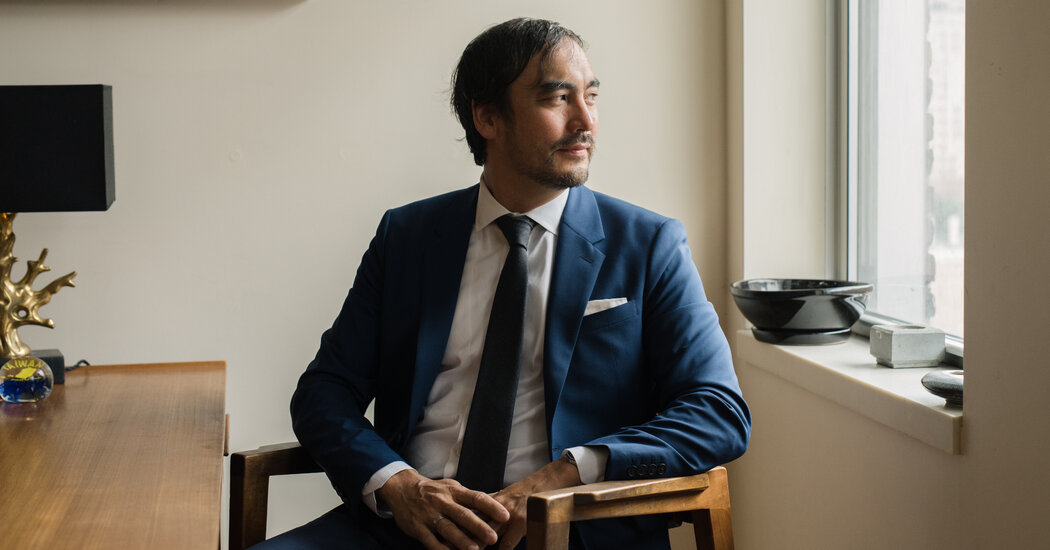Tim Wu, a central architect of President Biden’s effort to clip the wings of the nation’s largest companies, is leaving the White House.
The last day of Mr. Wu will be at the National Economic Council on Wednesday, ending his 22-month tenure as the president’s special assistant for competition and technology policy, the White House said. Mr. Wu told The New York Times that he would be returning to his previous job, as a professor at Columbia Law School.
Mr. Wu is one-third of a troika — along with Lina Khan of the Federal Trade Commission and Jonathan Kanter of the Justice Department — leading Washington’s efforts to more aggressively scrutinize corporate giants, including the largest tech companies. He was an author of a July 2021 executive order requiring federal agencies to take steps to increase competition across the economy. Mrs. Khan and Mr. Kanter have tried to hold back corporate consolidation with unusual courtroom arguments.
Mr Wu, 50, said personal reasons drove his departure. He commuted from New York to Washington, he said, forcing him to spend time away from his young children.
“There is a time when the burden on the family is too great,” said Mr. Wu. “I feel like the balance has shifted.”
Mr. Wu said he took the job believing it was a “once in a generation opportunity” to turn decades of more conservative thinking into antitrust law. The government has made some victories in that regard, such as issuing parts of the 2021 executive order, which led to efforts by the government to open electric vehicle charging networks and make hearing aids freely available.
“I think I’m perhaps most proud of the fact that we once again have a presidential role in competition policy and economic architecture,” he said.
But antitrust legislation to ban common practices of tech giants, a goal of many progressives, failed to become law.
Mr Wu said it was “disappointing” that technology-related legislation had not been passed during his tenure and defended the White House’s efforts to push for the antitrust measure. “We have supported it along the way,” he said, adding, “We have repeatedly and unreservedly expressed support for such a bipartisan bill.”
Mr. Wu said he was pleased with the aggressive action taken by the FTC and the Justice Department, the two top federal antitrust regulators, over the past two years. The agencies, which are headed by politically appointed individuals, operate independently of the White House.
Although the Justice Department successfully stopped Penguin Random House from buying Simon & Schuster, courts ruled against several other merger challenges. The FTC has also been suing in recent months to ban Meta, Facebook’s parent company, and Microsoft from buying companies; those efforts face serious legal challenges.
Hannah Garden-Monheit, who was involved in the cartel decision, will adopt its cartel policy. Elizabeth Kelly, who works on digital asset policy for the National Economic Council, will inherit his portfolio of technology policy issues, the White House said. Bharat Ramamurti, the deputy director of the National Economic Council, continues to oversee both areas.
Brian Deese, the director of the National Economic Council, said in a statement that over the past two years the administration has “revived a great American tradition of presidential leadership in competition policy, referring to the era of Franklin and Teddy Roosevelt”. He added that the government “continues to institutionalize bipartisan, pro-competitive reform between agencies.”
When asked what he can expect from the coming years, Mr Ramamurti pointed to the requirements set out in the 2021 Executive Order.
“We have all these different levers that we can use — staff, the judiciary, you know, the agencies — and we’re working on that,” he said.

